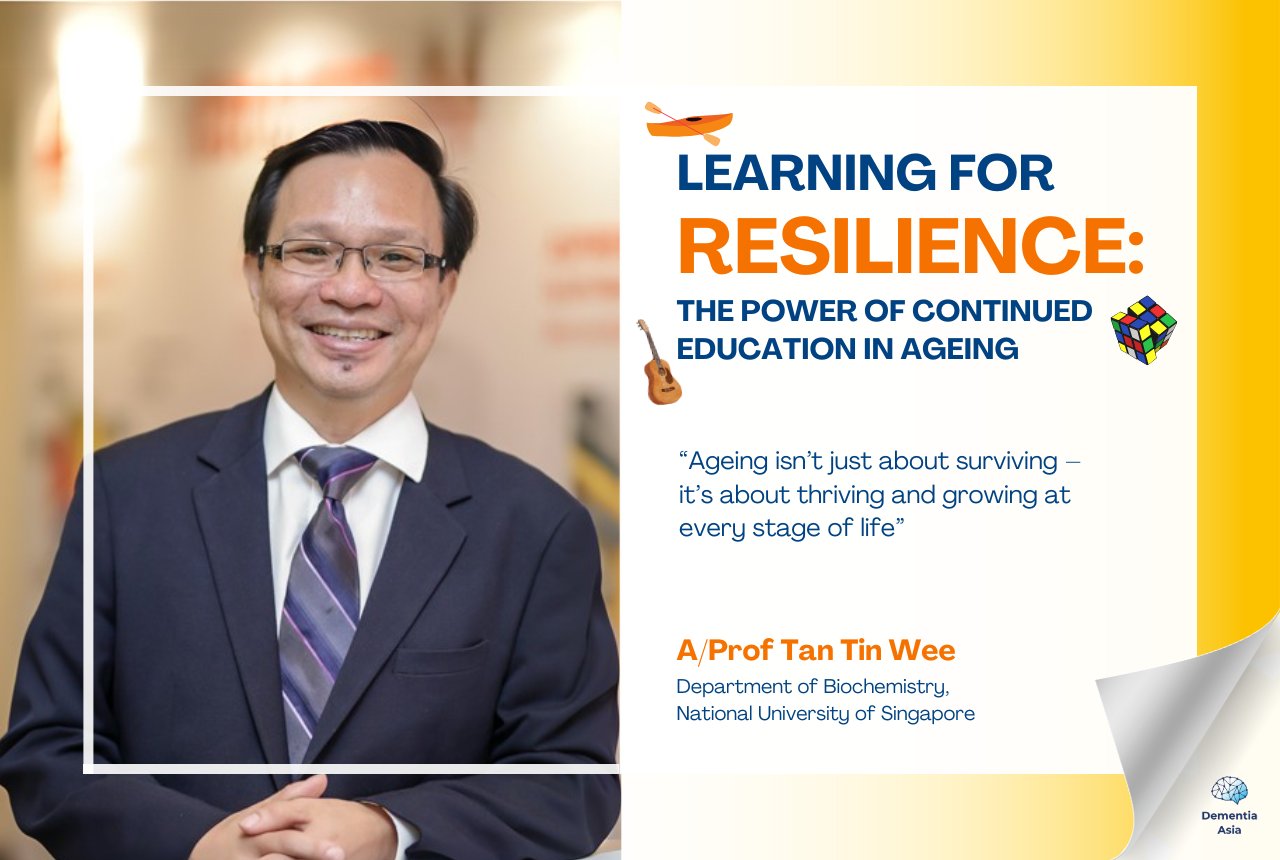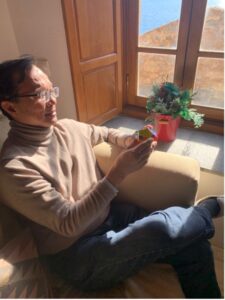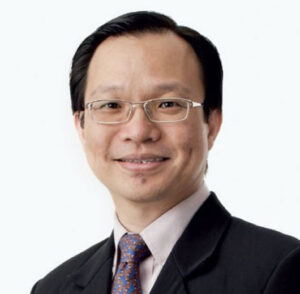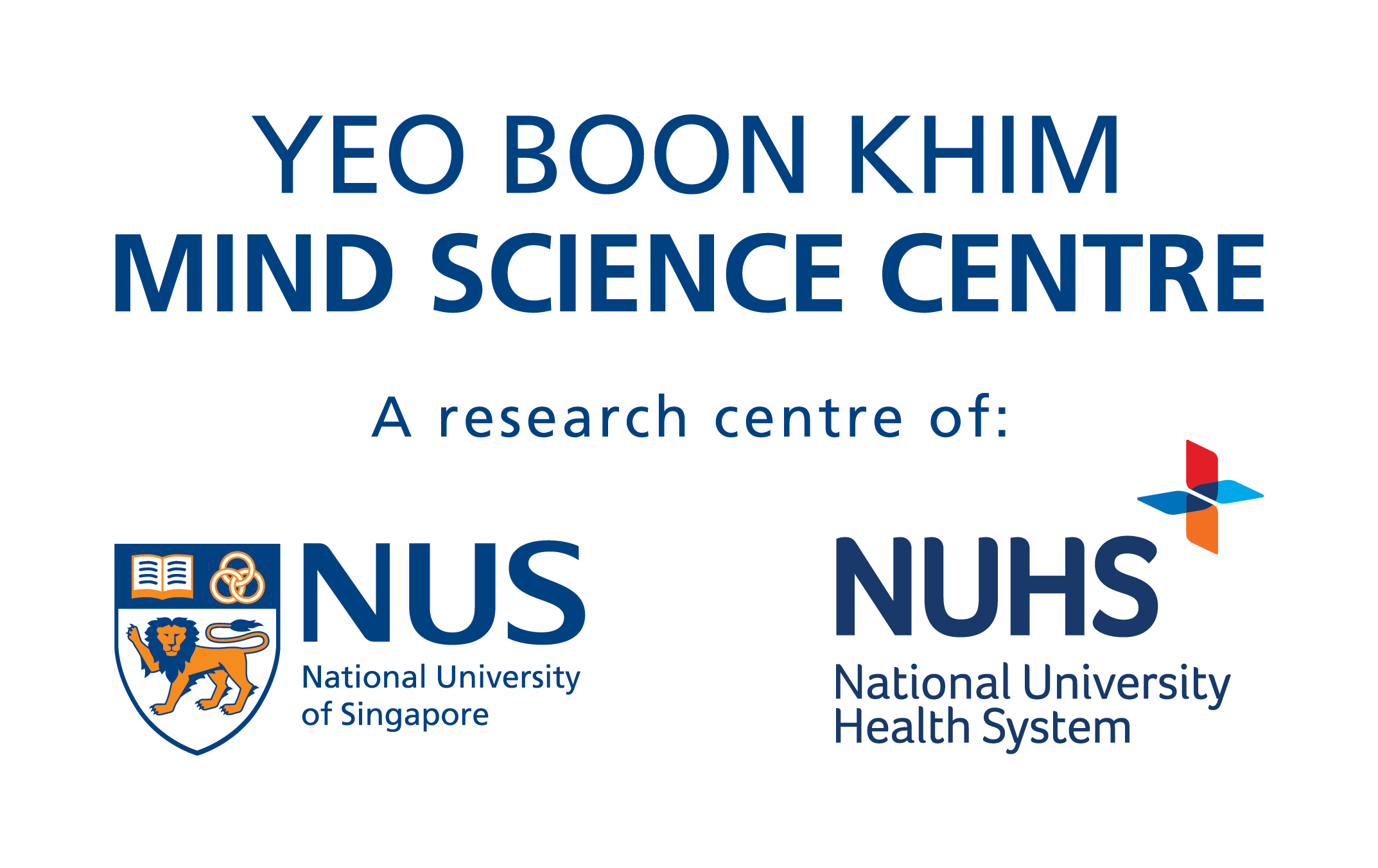Learning for Resilience: The Power of Continued Education in Ageing
A column contributed by Associate Professor Tan Tin Wee, Department of Biochemistry, National University of Singapore

As I age, I’ve realized that what I do today shapes how I’ll live tomorrow. This ongoing process of self-discovery and learning has become essential in maintaining my health, well-being, and purpose in later years.
Being Physically Healthy
As I approach my seventies, I’ve learned the importance of understanding how my body changes. Staying informed about nutrition, exercise, and the ageing process helps me manage my health. The reason is simple: I want to avoid becoming a burden to my family and society.
I’ve adjusted my diet, cut back on junk food, and managed to get my weight down to what it was in my thirties. I also exercise cautiously to avoid injuries, preferring low-impact activities like kayaking, walking, and housework. Physical activity can also come with an additional purpose.
Instead of kayaking for the sake of just exercise, I volunteer with the Waterways Watch Society to enjoy the company of like-minded enthusiasts, pick up rubbish, and clean our rivers and reservoirs of flotsam.
Feeding the Mind
Keeping my mind sharp is equally important. Fill your mind with lovely things and noble thoughts. Fuel your actions with mind-expanding ideas.
I engage in activities to keep as many parts of my brain active. As a child, I just could never solve the Rubik’s Cube. Now, I enjoy speed cubing.
At a World Cube Association’s authorised speed competition in Singapore, I have recently obtained an official personal record. Speed cubing triggers muscle memory, cognitive speed in pattern recognition, and trains rapid memory recall. The world record for a three-by-three-by-three cube is under 4 seconds while mine is a shade under a minute. I am taking lessons to improve. Keeping tabs on my cube timings acts as indicator of my brain and musculature coordination.
Research has shown that passive absorption of music can light up many parts of the brain under fMRI scans. I thought I should do more, considering how both of my parents have dementia. As a child, I learnt to play the classical guitar. Now I am learning new pieces, and attempting to overcome stage fright – please wish me luck! There is never an end to the learning journey. My next challenge: ballroom dancing with my fiancée!
Feeding the Mind
Keeping my mind sharp is equally important. Fill your mind with lovely things and noble thoughts. Fuel your actions with mind-expanding ideas.
I engage in activities to keep as many parts of my brain active. As a child, I just could never solve the Rubik’s Cube. Now, I enjoy speed cubing.
At a World Cube Association’s authorised speed competition in Singapore, I have recently obtained an official personal record. Speed cubing triggers muscle memory, cognitive speed in pattern recognition, and trains rapid memory recall. The world record for a three-by-three-by-three cube is under 4 seconds while mine is a shade under a minute. I am taking lessons to improve. Keeping tabs on my cube timings acts as indicator of my brain and musculature coordination.
Research has shown that passive absorption of music can light up many parts of the brain under fMRI scans. I thought I should do more, considering how both of my parents have dementia. As a child, I learnt to play the classical guitar. Now I am learning new pieces, and attempting to overcome stage fright – please wish me luck! There is never an end to the learning journey. My next challenge: ballroom dancing with my fiancée!

A cube is never far away: solving a Megaminx on holiday.
Photo credit: Clarinda Choh
Being in Touch With My Emotions
Learning about my own temperament and behaviour has been crucial. I am naturally hot and quick-tempered and I recently found out that I may possess some traits on the autism spectrum. There are times when I do not realise how my actions and words affect others.
Being aware of these predispositions, I am learning to manage my assumptions and actions so that it does not impact others negatively.
Looking after my father who has dementia, I realised that some of his traits including his temper, are amplified by the progression of the condition. I may have inherited them. So I am learning to be compassionate to others. Love thy neighbour as thyself, as the good book says.
The Role of Caregiving
Taking a leaf from the Dementia Caregiver-to-Caregiver (C2C) Course run by the charity, Caregivers Alliance (CAL), caring for others starts with caring for oneself. It is challenging to care for others when your own emotional tank has dwindled.
I have since moved forward to be a caregiver trainer with the programme. I have co-taught nearly ten batches of students who are also caregivers. Being a trainer has allowed me to expand my understanding of caregiving through learning from and with my students. The camaraderie with fellow caregivers is simply heartwarming and truly inspiring.
As USA First Lady Rosalind Carter famously said, “there are only four types of people, those who have been caregivers, those who are currently caregivers, those who are going to be caregivers, and those who will need caregiving.”
On the way to becoming a care-getter sooner or later, I realise that this caregiver’s journey is also about learning how to be a better care-getter indeed.
Surrounding Myself with Positive Influences
Whether in my personal life or in the work environment, I seek out places and relationships that lift me. Toxic environments drain energy. You may become toxic yourself, and worse, unintentionally spread toxicity to others.
We can rebuild life at any point on our journey. We can take on new surroundings, reset our relationship with ourselves and with others, work with new people and embrace challenges with new perspectives.
Recently, I moved into NUS Residential College 4, where we study “Small Systems” systematically, and we have a “Big Hearts” philosophy to reach out to the communities at large. It is an ever-lively microcosm of wonderful students and colleagues. The energising intellectual engagement is an opportunity to be immersed in a culture of life-long learning.
The unknown can be exciting. Each time, start anew. In fact, just start already!
Lifelong Learning and Adaptability
The more I learn, the better I can manage the challenges of ageing. Every new experience, whether in health, caregiving, or personal growth, enhances my resilience. I’ve embraced the idea of constantly rebuilding my life, accepting change, and seeking out new knowledge as I move forward. Ageing isn’t just about surviving – it’s about thriving and continuing to grow, and loving every minute of it.

This article was contributed by Associate Professor Tan Tin Wee, Department of Biochemistry, National University of Singapore.
